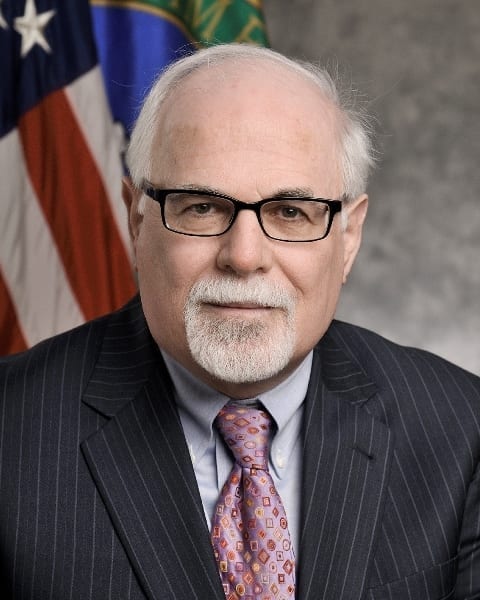
The incoming Biden administration should designate a senior official reporting to the White House to negotiate both long-term and interim radioactive waste storage with Congress, an Obama-era Department of Energy official said this week.
“A senior negotiator…